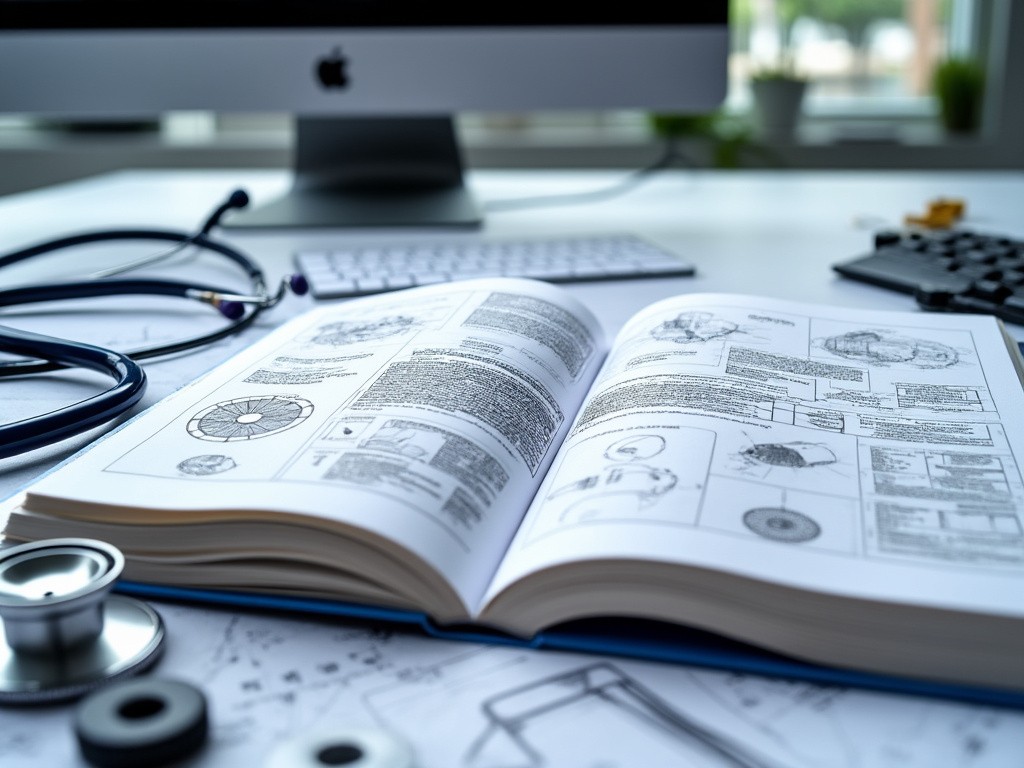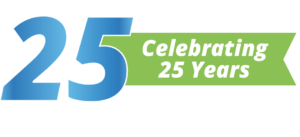Technical translation services are vital for businesses that operate in complex industries such as engineering, medicine, software, and manufacturing. Translating technical documents accurately ensures that important information, processes, and guidelines are understood across different languages and regions.
Miscommunication in these industries can lead to safety risks, project delays, or even financial losses. This is why choosing a professional technical translation service is essential to maintaining quality and consistency when dealing with complex technical material.
What Are Technical Translation Services?
Technical translation refers to translating documents that contain industry-specific content, including manuals, technical specifications, patents, user guides, and engineering reports. These documents often feature complex terminology, technical jargon, and precise instructions that need to be accurately conveyed in another language. 
A technical translator must have in-depth knowledge of both the source and target languages and a strong grasp of the subject matter to ensure the translated content remains clear and functional.
Why Accuracy Matters in Technical Translation
Accuracy in technical translations cannot be overstated. A single error in the translation of a technical document could lead to severe consequences, particularly in fields like medical device manufacturing or aerospace engineering. Whether you’re translating technical manuals, product specifications, or safety protocols, precision is key.
In technical translation, it’s not just about replacing words from one language with another—it’s about fully understanding the subject matter and delivering an accurate translation that reflects the intent and details of the original document. This requires specialized knowledge of both the language and the technical domain involved.
Key Features of Professional Technical Translation Services
When choosing a technical translation company, several factors determine the quality of the final product:
- Experienced Translators: A technical translator must have subject-matter expertise in fields such as engineering, IT, or science. They must also be fluent in both the source and target languages, enabling them to navigate complex terms and concepts with ease.
- Translation Memory Tools: Many translation companies use advanced tools such as translation memory software. These tools help to ensure consistency across documents by storing previously translated terms and phrases. This is particularly useful in large projects or ongoing translation needs.
- Technical Terminology Expertise: Technical documents are often filled with industry-specific jargon. Without a deep understanding of the terms, translations can become confusing or inaccurate. Professional translation services ensure that technical terminology is properly translated, preserving the meaning and context.
- Localization: Technical translation often involves localization—adapting the document for the cultural and linguistic preferences of the target audience. This ensures that the translated material not only reads well but also aligns with local standards and practices.
Industries That Rely on Technical Translation
Certain industries demand the highest levels of precision and expertise when it comes to technical translation services. These industries include:
- Engineering: From technical drawings to safety manuals, accurate engineering translation is crucial. Errors in translation can lead to flawed designs or hazardous conditions.
- Medical: Medical device documentation, clinical trial results, and pharmaceutical instructions all need precise translations. Inaccuracies could lead to misdiagnoses or dangerous situations for patients.
- Information Technology: Software and hardware companies often need translations for user manuals, system guides, and technical support documentation. This ensures that customers across the globe can use their products correctly.
- Manufacturing: From assembly instructions to quality control processes, manufacturing documents must be translated accurately to avoid costly mistakes or production delays.
Challenges in Technical Translation
Translating technical documents poses unique challenges:
- Highly Specialized Content: Translators must have a thorough understanding of specific technical fields to translate documents correctly. This means they must stay up to date with industry developments and evolving terminology.
- Consistency Across Large Projects: Some technical translation projects can involve hundreds or thousands of pages. Maintaining consistency in terminology and style is essential, which is where translation memory tools and terminology glossaries play a significant role.
- Multilingual Projects: Many companies need technical documents translated into multiple languages. This requires coordination across teams of translators and a standardized workflow to ensure consistency.
Best Practices for Ensuring Quality in Technical Translation
- Work with Specialized Translators: Always choose a professional translator or agency with proven experience in your specific industry. Atlas Language Services, Inc. has a team of specialized translators with expertise across various technical fields, ensuring they can handle the technical jargon and concepts involved.
- Use of Glossaries and Style Guides: Providing translators with a glossary of key terms or a style guide ensures consistency throughout the document. Atlas Language Services, Inc. works closely with clients to develop and use glossaries and style guides, which is especially important for large projects or ongoing translation needs.
- Quality Assurance: The best technical translation services, like those offered by Atlas Language Services, Inc., employ multiple layers of quality assurance. This includes having the translation reviewed by a second translator or subject matter expert to catch any errors or inconsistencies.
- Leverage Translation Memory Tools: Atlas Language Services, Inc. uses advanced translation memory tools to help maintain consistency across projects and allow for quicker turnaround times on large or repetitive documents. These tools also reduce costs over time by storing and reusing previously translated text.
How to Choose the Right Technical Translation Service
When selecting a technical translation service, consider these key factors:
- Industry Expertise: Ensure the translation company has experience working within your specific industry. Atlas Language Services, Inc. has extensive experience across a wide range of industries, from aerospace to medical device manufacturing, ensuring accurate and reliable translations.
- Certifications: Some industries, such as legal or medical fields, require certified translations. Atlas Language Services, Inc. provides certified translations where needed, meeting industry-specific requirements.
- Reputation and Client Reviews: Research the company’s reputation and ask for client testimonials or case studies. Atlas Language Services, Inc. is known for its history of delivering high-quality work, backed by client testimonials and a strong reputation in the industry.
- Flexibility and Scalability: Whether you need translations for a small project or large-scale, multilingual documentation, Atlas Language Services, Inc. can meet your needs and scale as your business grows.
Conclusion
Technical translation services are essential for businesses working with complex documentation in multiple languages. Accuracy, industry expertise, and consistency are critical to ensuring that translated materials meet the same high standards as the original content. Whether you’re in engineering, medicine, IT, or manufacturing, investing in professional technical translation services can help avoid costly mistakes and ensure clear communication across borders.
For businesses that want to ensure high-quality technical translation services, Atlas Language Services, Inc. offers expert solutions across a range of industries. Their team of skilled technical translators ensures precise and consistent translations that meet the highest industry standards.
FAQs
Why is translation memory important in technical translation?
Translation memory tools store previously translated content, ensuring consistency and speeding up future translation projects by reusing familiar terms and phrases.
What industries benefit most from technical translation services?
Industries like engineering, medical, IT, and manufacturing rely heavily on accurate technical translation due to the complex nature of their documentation.
How do technical translators handle industry-specific terminology?
Technical translators often use glossaries and work closely with subject matter experts to ensure that all terminology is translated accurately, maintaining the original meaning.
How can I ensure the quality of my technical translation project?
Work with specialized translators, provide style guides and glossaries, and choose a service that includes quality assurance steps like multiple rounds of review.

